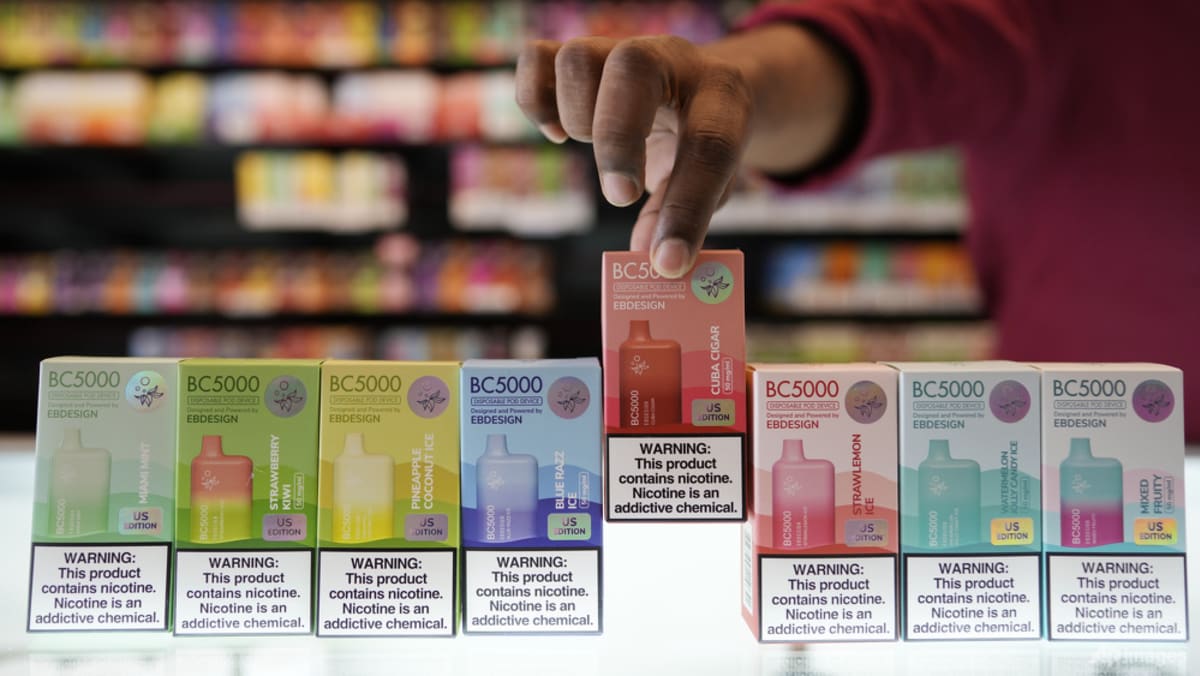SINGAPORE: Eight hundred students from schools and Institutes of Higher Learning (IHLs) were caught vaping and referred to the Health Sciences Authority (HSA) in 2022, said Second Minister for Education Maliki Osman on Tuesday (Oct 3).
Vaping, or using an electronic vaporiser, is likely an underdetected problem among students, he added, in response to a parliamentary question from Member of Parliament Joan Pereira (PAP-Tanjong Pagar) about how many of them have been referred to HSA for vaping in the last five years.
Before 2020, the number of students from schools and IHLs referred to HSA for vaping offences was fewer than 50, said Dr Maliki.
MOE, HSA, the Ministry of Health (MOH) and the Health Promotion Board (HPB) are “concerned” about the vaping situation, not just among students but in the wider community, he added.
The Education Ministry is working with the three other government bodies to strengthen detection, enforcement and education, said Dr Maliki.
“Besides enforcement checks, our schools and IHLs have stepped up preventive education to convey the harmful effects of vaping on one’s health. We seek the cooperation of families and the wider community to reinforce these messages strongly to stem this worrying trend.”
Related:
The Big Read: With vaping increasingly rampant among youths despite ban, what more can authorities do?
Commentary: Is it time for vaping cessation programmes in Singapore?
Vaping is illegal in Singapore. Offenders can be fined up to S$2,000 (US$1,450).
It is also illegal to import, distribute or sell such products.
Offenders can be fined up to S$10,000, jailed for up to six months or both for the first offence. Repeat offenders face harsher penalties.
Although the use, purchase and possession of vapes have been banned in Singapore since February 2018, such products continue to be sold online and smuggled into the country.
The number of people caught vaping and possessing vapes is on the rise. A total of 4,916 people were caught for the offence in 2022, compared with 4,697 in the previous year and 1,266 in 2020, according to HSA figures.
In schools, messages against smoking and vaping have been included in the curriculum, said Dr Maliki in response to a supplementary question from Ms Pereira about whether there are plans to allocate more resources to address the issue.
For example, upper primary students are taught in physical education class that all tobacco products are harmful to health and fitness, he added.
During character and citizenship education, students learn about recognising impulsive and addictive behaviours, the harm to one’s mental and physical health, as well as managing negative peer influence, said Dr Maliki.
“We also articulate or explain to the students the harmful effects of substances found in products, as well as consequences on individuals, families and society are discussed at the lower secondary level.”





